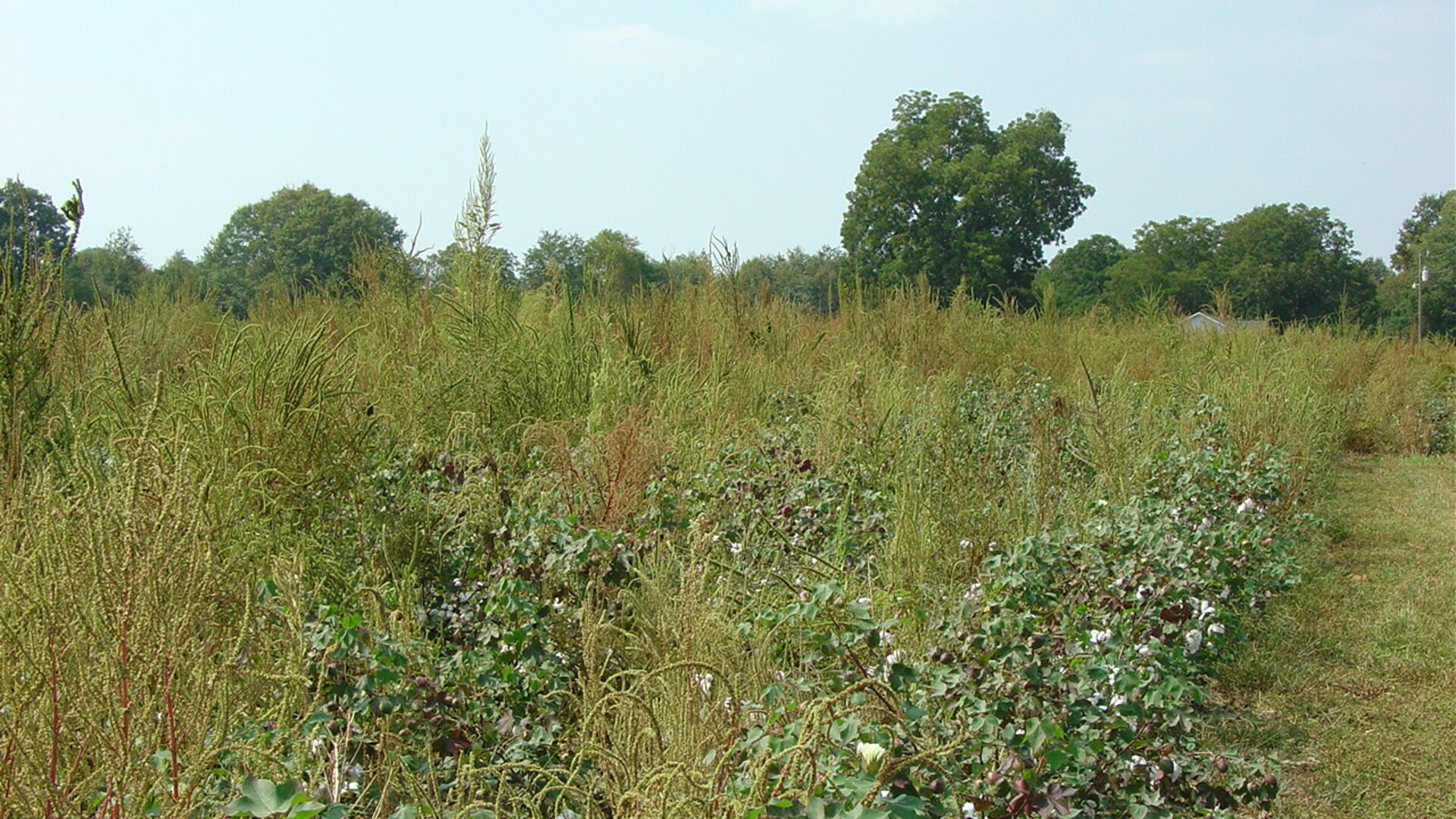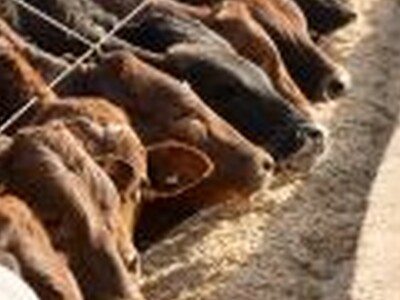Herbicide-Resistant Pigweed

Tim Hammerich
News Reporter
Palmer amaranth, or pigweed continues to adapt resistance to herbicides. University of Georgia extension weed specialist Stanley Culpepper says the challenge has a lot to do with the biology of the plant.
Culpepper… “I often call it a genetic stud, because it's what we call dioecious. It has male plants and has female plants. And that female plant is receiving pollen from a lot of different male plants. So the genetic diversity within that plant, when you think about she could have on average 500,000 seeds per plant, Is absolutely fascinating and phenomenal in the world of agriculture.”
This is great news for pigweed, but not so great news for farmers trying to eliminate the weed.
Culpepper… “Basically a lot of our very common herbicides, like Reflex, Cobra, Blazer, that we apply over top of the pigweed and can usually control it when it's really small. Certain populations we can no longer do that. And in fact, Palmer amaranth in the state of Georgia is resistant to glyphosate. It's resistant to ALS chemistry like Staple in Cadre. It's resistant to our yellow herbicides, like Prowl and Sondland and Treflan. And now it's resistant to some of our PPO herbicides in regard to post emergence applications like Valor or Reflex. So the genetic diversity has the genetic capabilities of already having a trait that allows it to tolerate the tools that we bring to manage it.”
Tune in tomorrow for tips on managing resistant weeds.
















